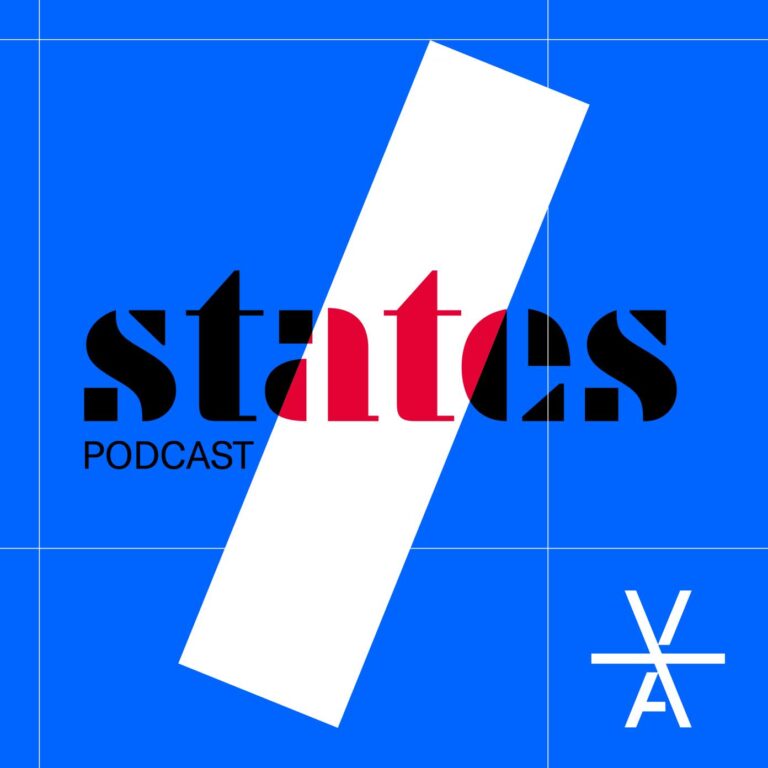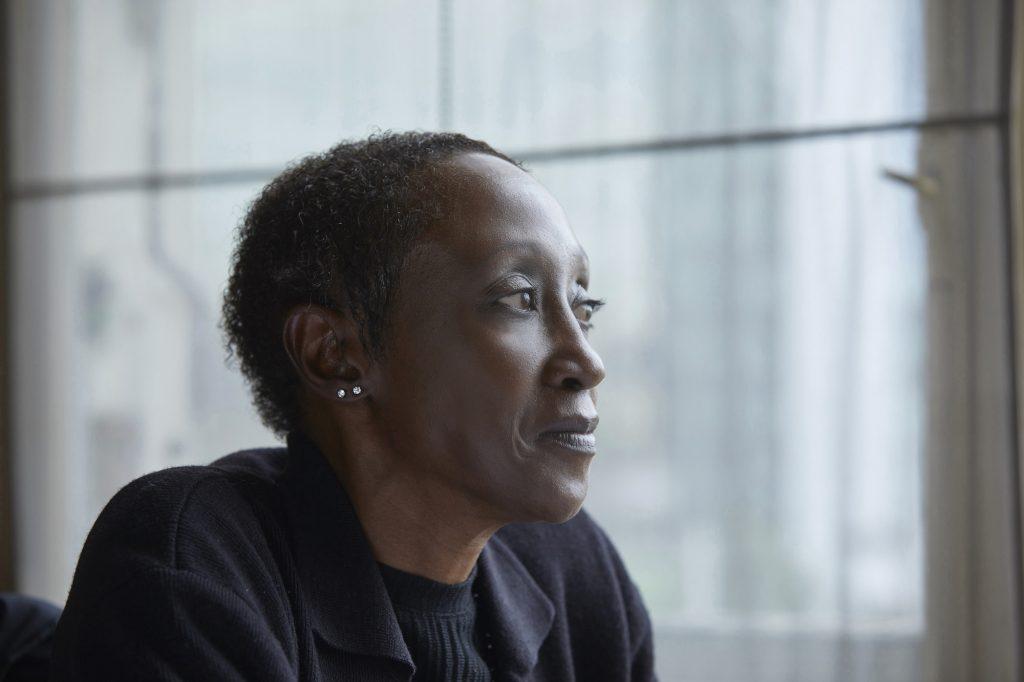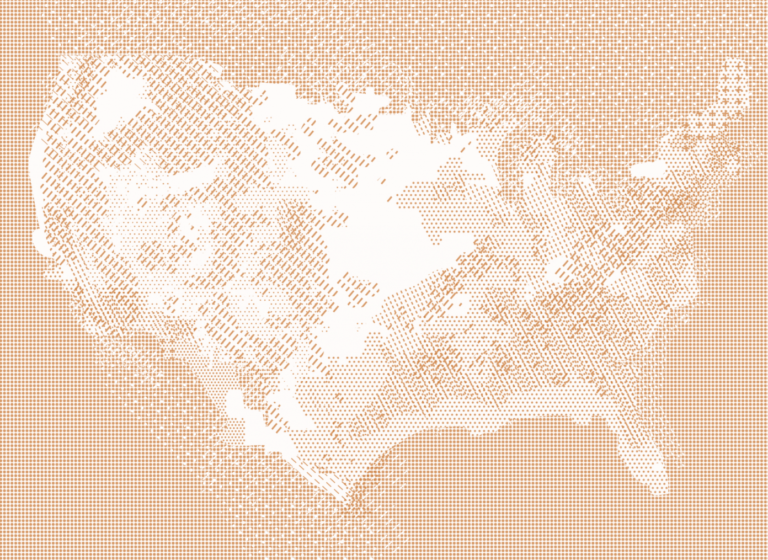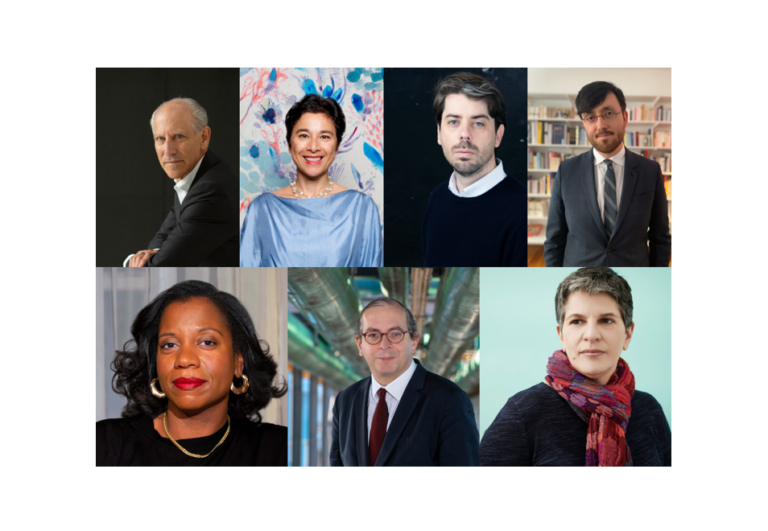
N’Goné Fall : Art and Social Justice

N’Goné Fall is a Senegalese curator and essayist, and general curator of the Africa 2020 season. She accompanied the selection of 5 residents from the African continent. She presents the issues raised by their projects.
“Africa, a continent of 11.7 million square miles and over 1.2 billion inhabitants, is a repository of collective memory. It is a vessel of civilizations with shifting borders, whose actions have marked every era of humanity. The multiple peoples of Africa are linked by their conscience of living on the same land, sharing the same history, and facing the same challenges within their home. They demand and deserve full access to education, healthcare, and human rights, including the unalienable rights to free movement, self-determination, and freedom, whether political, social, economic, or cultural. In recent decades, creative communities across Africa have no longer been settling for the dream of a fairer world; they have been fighting ceaselessly to make it a reality. The five beneficiaries of the Villa Albertine Africa 2022 residency program—scientist, artist, filmmaker, contemporary art curator, and educator-entrepreneur—are in perfect step with this dynamic spanning the entire continent.
The neuroscientific research undertaken by astrophysicist and visual artist Caroline Gueye feeds her multi-sensory installations, which encourage audiences to become aware of how theoretical or experimental physics impacts their lives. Her artistic productions always invite reflection on the unseen force that enhances our lives, enables us to transcend the future by way of US space conquests, and reminds us just how much we are interconnected.
Similarly, connection between peoples is the premise of the latest project by filmmaker Bahia Bencheikh El Fegoun. Blending ancient rituals and militant feminism, it presents activism as a global movement uniting Algeria, a former revolutionary Mecca, with the US and its fight toward rights for all minorities. Her geopolitical and cultural investigation between Algiers and New York City plays with the elasticity of space and time, questions the essence of sociopolitical struggles, and posits culture as a continually viable weapon of resistance.
Cultural resistance is also a recurring theme in the approach of contemporary art curator Missla Libsekal. Territories and borders, movements of populations, and journeys made by plants are just some of the gateways that she uses to analyze the impact of colonial conquests on modern societies. From Africa to the Americas, her research gives a voice to activists who do not have a voice. A central role within this ongoing process is memory, as protected through the oral transmission of age-old knowledge.
The body, too, envisaged as a sacred temple that hosts collective memory, is at the core of the academic and artistic pursuits of Jay Pather. Through live performance art, he exhumes overlooked or deliberately erased histories, reminding us that chaos and trauma have often accompanied recountings of the human adventure on either side of Atlantic. His projects consistently serve as soundboxes for creators demanding the immediate, unconditional pursuit of more egalitarian justice and social progress.
Judith Okonkwo has set a challenge for US companies: to develop political and social activism by making digital technology accessible to all. Innovation drives all her projects, from running hackathons on education and healthcare to producing teaching kits and immersive films. Designed as a community-building laboratory, her XR creative studio pays homage to the solidarity that flourishes among African societies, while striving to develop a continent-wide network of socially aware content producers.
Drawing upon science, history, geography, memory and technological innovation, Caroline Gueye, from Senegal, Bahia Bencheikh El Fegoun, from Algeria, Missla Libsekal, from Ethiopia, Jay Pather, from South Africa, and Judith Okonkwo, from Nigeria, work on multidisciplinary, transnational projects that resonate both locally and globally. Their theoretical, conceptual, educational, and artistic endeavors provide an inexhaustible source of fuel for an original experimental approach, one that initiates and sustains inspiring conversations across all continents. Without exception, their Villa Albertine residencies in the United States constitute just one step in their research serving the common good of all. By taking a firm stance, these five figures continue the legacy of countless African activists who have fought for fundamental rights throughout the generations. The common thread in all the pursuits of these agents of change is social justice, which points to the ever-strengthening sense of leadership among creative communities in Africa since the start of the current millennium.”
N’Goné Fall
N’Goné Fall is an independent curator and consultant in cultural strategies. She has been the editorial director of the contemporary African art magazine Revue Noire from 1994 to 2001. She curated exhibitions in Africa, Europe and the United States. She is the author of strategic orientation plans for national and international institutions. She has been a visiting professor at the Senghor University in Alexandria, the Michaelis School of Arts in Cape Town and the Abdou Moumouni University in Niamey. She was the General commissioner of the Africa2020 Season, a series of more than 1,500 cultural, scientific and pedagogical events organized throughout France from December 2020 to September 2021. N’Goné Fall is the curator of the Villa Albertine’s inaugural Africa program.

